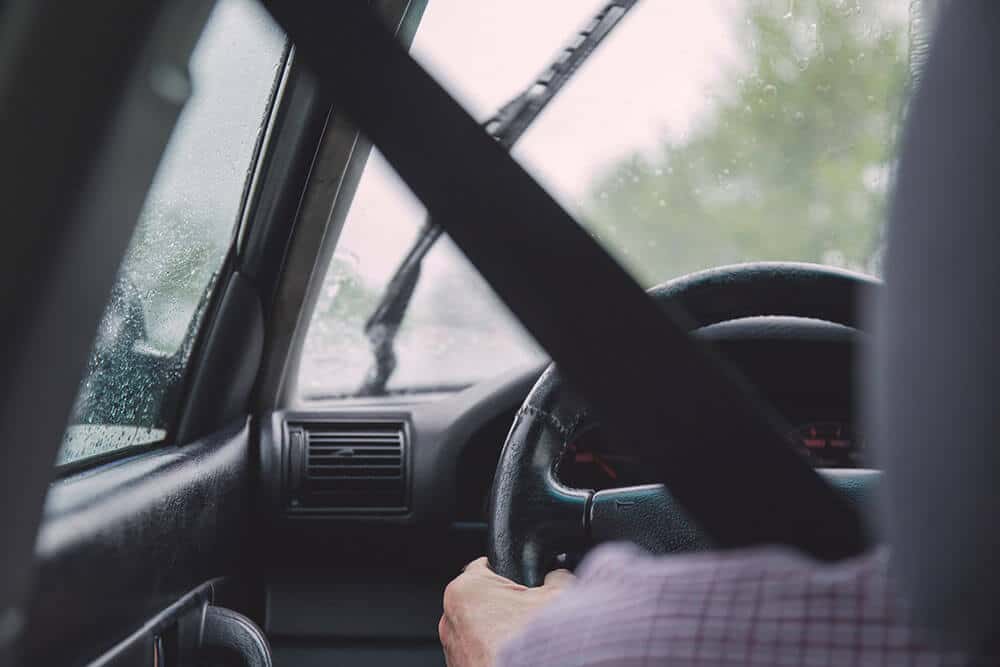While all drivers know it’s illegal to drive without a license, it’s important to make sure the vehicle you’re operating is allowed under the class of license you have. Illegally operating a vehicle because of improper class of license can result in fines, so it’s important to know what you’re allowed to drive.
In Pennsylvania, there are four types of non-commercial driver’s licenses residents that can be issued. They include the following:
- Class A. The minimum age for this license is 18. It is required to operate any combination of vehicles with a gross weight rating of 26,001 pounds or more, where the vehicle being towed is in excess of 10,000 pounds. A common example is a recreation vehicle (RV).
- Class B. The minimum age requirement for this license is also 18. It is needed to operate any vehicle weight more than 26,000 pounds, like a motor home.
- Class C. A Class C license can be issued at the age of 16. This is the most common driver’s license, as it’s issued to persons who have demonstrated their ability and qualifications to operate a vehicle that does not fall under classes A, B, or M.
- Class M. A person being at least 16 years of age can earn a Class M license, which allows them to operate a motorcycle.
Under Chapter 15 Title 75 Statue 1504, no one is allowed to drive any motor vehicle unless they are properly licensed. The physical driver’s license indicates which class of vehicles the driver is allowed to operate. According to a new state law that was passed in 2020, in the event a person violates the law, they are subject to a fine of up to $200. If, however, the person can prove they have a valid license for the vehicle they were operating within 15 days of the violation, they will not be convicted. Proving they have a valid license means producing the physical license or providing evidence of proof in the event the license has been lost, stolen, or destroyed.
If you’ve been in a car crash and believe negligence on behalf of the other driver was the cause, our personal injury lawyers can help you seek recovery. We’ll investigate the accident and determine what happened. If we discover the other driver did not have a proper license, we can use that to prove your case and ensure you receive full and fair compensation. For more information, contact us today.









